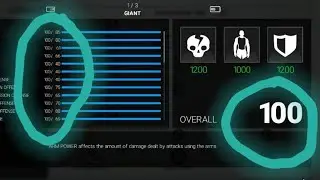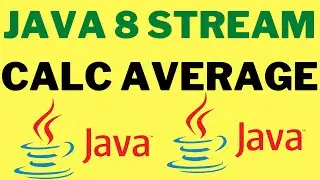TOP 50 QUALITIES OF HIGH PERFORMERS | TIPS TO GET PROMOTED | CAREER SUCCESS TIPS | InterviewDOT
Click here - / @interviewdot to get notifications.
TOP 50 QUALITIES OF HIGH PERFORMERS | TIPS TO GET PROMOTED | CAREER SUCCESS TIPS | InterviewDOT
Time Management: A Key to High Performance
Time management is a critical skill for anyone aiming to be a high performer in their field. High performers are known for their ability to efficiently allocate their time, prioritize tasks effectively, and consistently meet their goals without burning out. By mastering time management, you can enhance your productivity, reduce stress, and achieve your professional and personal objectives. Here’s an in-depth guide on how high performers manage their time and how you can apply these strategies to your own life.
Why Time Management Matters
1. *Maximizes Productivity:*
Effective time management allows you to get more done in less time. High performers use their time efficiently, ensuring that every hour of their day contributes to their goals.
2. *Reduces Stress:*
When you manage your time well, you’re less likely to feel overwhelmed by tasks and deadlines. This reduces stress and allows you to maintain a healthier work-life balance.
3. *Improves Focus:*
Time management helps you stay focused on what’s important. By prioritizing your tasks, you can avoid distractions and concentrate on high-impact activities.
4. *Enables Goal Achievement:*
High performers set clear goals and manage their time in a way that ensures they’re consistently making progress toward achieving them.
5. *Enhances Decision-Making:*
Good time management gives you the space to think critically about decisions, rather than rushing through them. This leads to better outcomes and more effective problem-solving.
Key Time Management Strategies of High Performers
1. *Prioritization:*
*Identify High-Impact Tasks:* High performers focus on tasks that have the most significant impact on their goals. They prioritize these tasks and allocate the necessary time to complete them.
*Use the Eisenhower Matrix:* This tool helps categorize tasks into four quadrants based on urgency and importance:
*Important and Urgent*: Do these tasks immediately.
*Important but Not Urgent*: Schedule these tasks for later.
*Not Important but Urgent*: Delegate these tasks if possible.
*Not Important and Not Urgent*: Consider eliminating these tasks.
2. *Time Blocking:*
*Schedule Specific Time for Tasks:* High performers often use time blocking to allocate specific periods for different tasks. This method prevents multitasking and ensures focused work.
*Create a Daily Schedule:* Break your day into blocks of time dedicated to specific activities. For example, you might block out two hours in the morning for deep work, an hour for meetings, and time in the afternoon for follow-ups and administrative tasks.
3. *Set Clear Goals:*
*Define SMART Goals:* High performers set goals that are Specific, Measurable, Achievable, Relevant, and Time-bound. This clarity helps them stay focused and organized.
*Break Down Large Goals:* Big goals can be overwhelming. High performers break them down into smaller, more manageable tasks, each with its own deadline.
4. *Avoid Multitasking:*
*Focus on One Task at a Time:* Research shows that multitasking can reduce productivity and increase errors. High performers focus on one task at a time, giving it their full attention.
*Use the Pomodoro Technique:* This technique involves working for 25 minutes, then taking a 5-minute break. After four cycles, take a longer break. This method helps maintain focus and prevent burnout.
5. *Delegation:*
*Delegate Non-Essential Tasks:* High performers understand the value of their time and delegate tasks that don’t require their specific skills. This allows them to focus on more important tasks.
*Trust Your Team:* Effective delegation requires trust. High performers delegate tasks to capable team members, providing clear instructions and support when needed.
6. *Minimize Distractions:*
*Create a Distraction-Free Environment:* High performers create environments that minimize distractions. This might include setting up a quiet workspace, turning off notifications, or using apps that block distracting websites.
*Set Boundaries:* They set boundaries with colleagues and family to protect their focused work time. This could mean communicating when you’re available and when you need uninterrupted time to work.













![TAMIL WHO IS AN INTRPRENEUR ? HOW YOU CAN BECOME AN INTRAPRENEUR [CAREER GROWTH]? SERIES - EPISODE 1](https://images.videosashka.com/watch/CpQHCww_uIg)

















